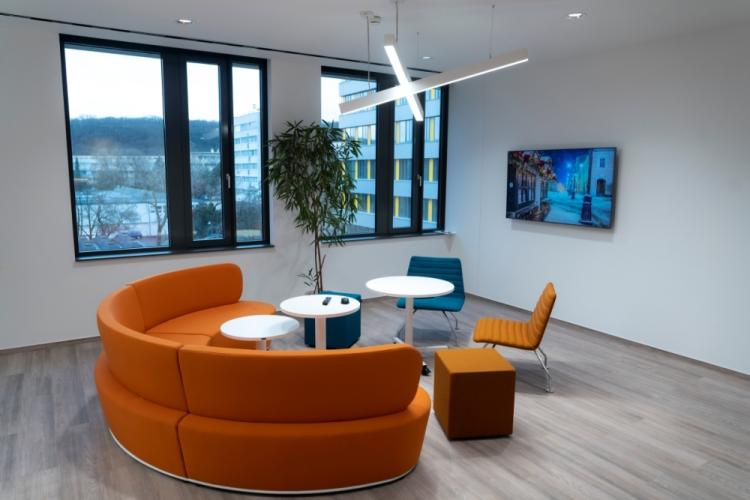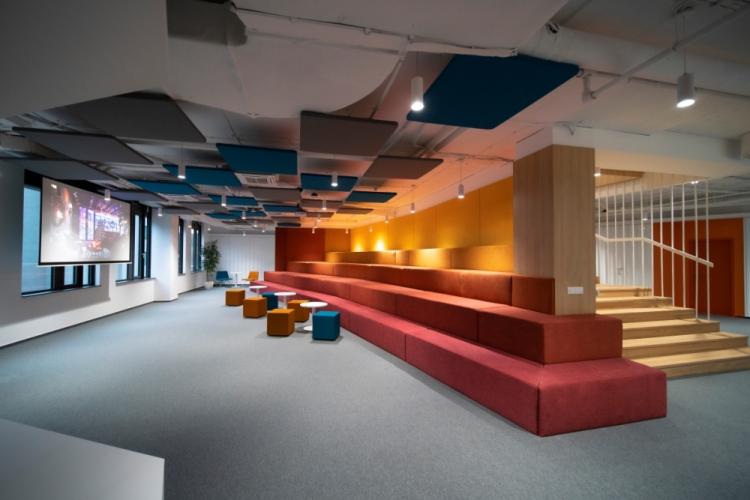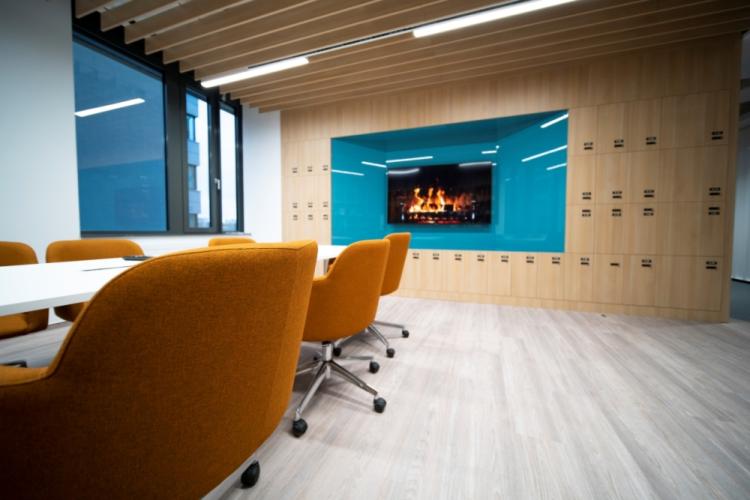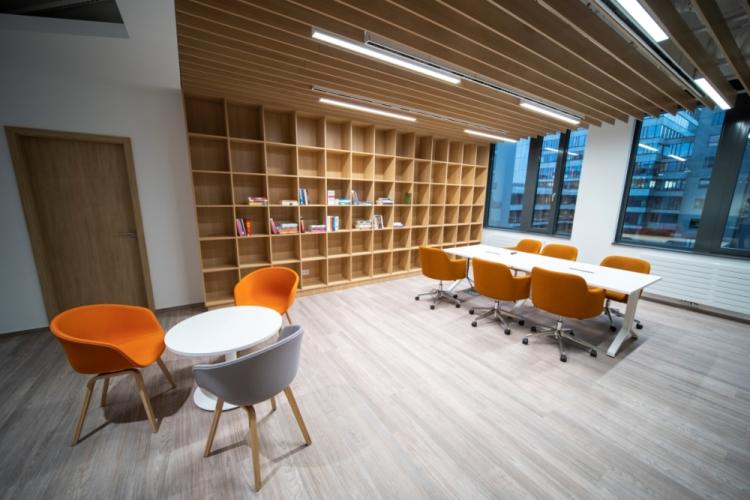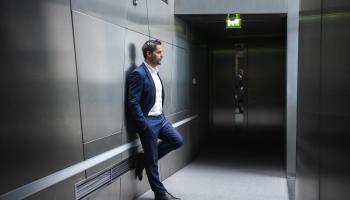Good location is a key factor in attracting new talent
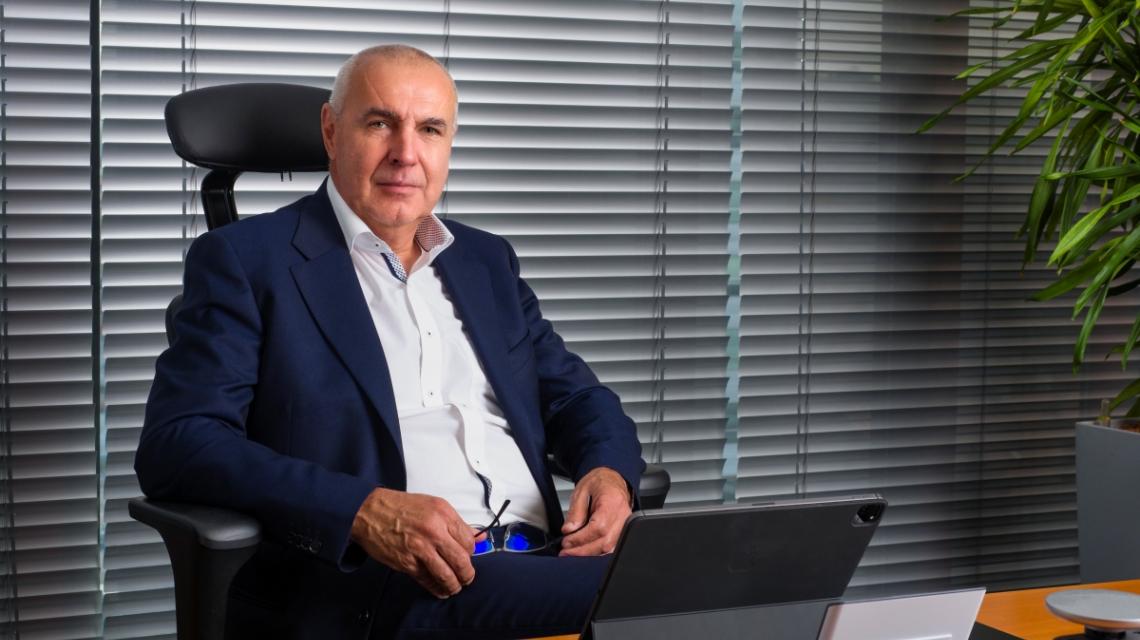
Office space and workplace trends have changed a lot in recent years. And the larger the workforce, the more companies need to adapt their premises or working arrangements to new requirements and criteria. One such company is SIEMENS Slovakia in the Westend business park in Bratislava's Patrónka district. Here SIEMENS’ CEO Vladimír Slezák speaks about home working, and why location is key to attracting new talent.
You’re one of the largest companies in Slovakia in technology, informatization, and other demanding sectors. How do you attract the best employees?
First of all, we need hard workers who know what’s expected of them. Recruiting enough such employees is problematic not only for us, but for all similar companies in Slovakia. We cooperate with high quality technical universities in Slovakia that also produce high quality graduates. We reach out to students while they’re still undergraduates, we offer contemporary work and attractive workplaces in terms of technology and work-life balance. We meet both standards, and we also offer home working and aim to provide employees with conditions that at least partially represent office facilities.
What’s the current commuting situation? Are your offices at full strength post-pandemic?
I think that it’s advisable to return to offices - since the conditions that necessitated home working are receding. In particular, I’d like to highlight that most of our employees have the workplace itself as their place of work, as stated in their employment contract. We’re also all team players, and our work is a team effort. There’s no substitute for meeting face-to-face around a table where issues can be openly discussed.
So the main negative of home working is on teamwork?
Not every employee who works from home is equally committed. Some work at 110% and others only at 50%. In a work team, it’s easier for everyone to get advice, ask questions, and get the info they need.
Are employees’ expectations changing? Either generationally or after the pandemic, such as home working?
I don't consider working from home as a benefit, it's a job like any other. There are countless job opportunities globally and in Slovakia, and companies try to attract people with workplaces. Younger employees have much higher demands - they know there’s a shortage of skilled labour and that their specialism is in demand, so they accordingly set their sights higher. I personally know that we’ve lost potential clients just because we didn't have the modern lifting tables that they use at Google and Amazon. Our company is also constantly compared in the IT world. Slovakia is a small country, people know each other, and information changes hands quickly.
The younger generation evaluates teambuilding and other benefits as work recognition. But older and more experienced employees reject this type of evaluation, instead preferring salary increases. Do you feel the same way?
In terms of young employees that’s clearly the case. It seems to me that older employees prefer to go for a beer after work and have fun outside work, while younger ones expect fun at work too. I consider myself one of the older generation, and I wouldn't consider going out to play pool during working hours. Young people care about the technology they use and work-life balance, which is fine and I respect that.
Are you also trying to resolve the shortage of qualified employees by recruiting from abroad?
Yes, it does happen. Mostly people from countries to the east of Slovakia - but most such employees are heading further west for better pay. That’s why we’re attractive for our western partners - labour costs are simply lower here. Those who want to relocate, know their quality, and are mobile, go abroad as the work is much better paid there.
Your company has been at Westend Square in the Westend Bratislava zone since 2013. What were your workplace criteria? Why was Westend the right fit?
The process behind moving the company took six years. During this period, our organisational structure and capacities changed, as did our requirements for premises. When setting the tender terms for our new HQ, the key criterion was the purchase of our old building. And we also sought new, attractive premises, and this building was just going up then. After the tender we decided on Westend Square. I came here for weekly viewings, which enabled me to get quickly orientated.
Does this location tick all the boxes?
I’ll explain it at two levels - customer and employee. When you tell an existing or potential customer that they we’re at the Patrónka crossroads, most know where we are. So after relocating, our accessibility for clients improved and they have easy car parking, and ease of access by bike and public transport is also popular with our employees.
A recent survey by MN Force showed that a top three priority for job seekers is secure bike storage. There's a cycle path along Westend, and also bike storage. Do employees use this benefit?
Sure, and more still. Pre-pandemic, we organised events to encourage employees to cycle commute, and we organised runs and other sporting activities at nearby Železná studienka park. Whilst the pandemic temporarily put these activities on hold, I know that employees really appreciate the quality of Westend Plazza’s newly opened food court - a unique feature for a business centre in Bratislava.
How much of a company's success is due to HQ location?
It depends on a company’s focus. If I were representing a production facility, then the criteria for evaluating a location’s benefits are different than those for a commercial company. But quality location is certainly something employees take into account when considering job offers. Good accessibility by public transport and bicycle, as well as good overall location, are reasons why we can successfully attract talent.
What benefits do you provide employees in terms of office furnishings, interior design, and workplace conditions?
In this respect I’m pretty conservative - I don't support every new trend that comes to the fore. When we were planning our current premises, open space offices were in vogue. But we had a problem with this concept, especially with young people whose privacy would be infringed, i.e. employees couldn’t make a phone call without being overheard by four other colleagues.
Will you be adapting premises post-pandemic?
Many companies have taken advantage of the popularity of home working to reduce office space, so some staff will now have nowhere to sit. This is leading to towards flexible workplaces, with some employees always working from home. We’re also currently downsizing, moving colleagues from other locations and subsidiaries. Yet we’re also expected to grow, so we’re expanding at Westend to accommodate new people. I want to avoid asking the landlord for more offices only when everything has already been taken.
As the CEO of a multinational’s branch, you’re also in contact with colleagues in other countries. Can you compare your workspace with foreign ones?
I often hear about how our international colleagues envy our nice premises. Many have completely different conditions than ours, even in Germany for example. Production facilities that were built 50 or 60 years old tend to invest in innovative technologies rather than attractive offices.
What do you like most about Westend Bratislava?
Two aspects - one subjective and one objective. I commute from Stupava, so subjectively I really like the accessibility - it takes me just minutes to get here. Objectively, in our nine years we haven’t had a single problem with the building. The facility management is like clockwork, which enables me to focus on my work without distractions.
